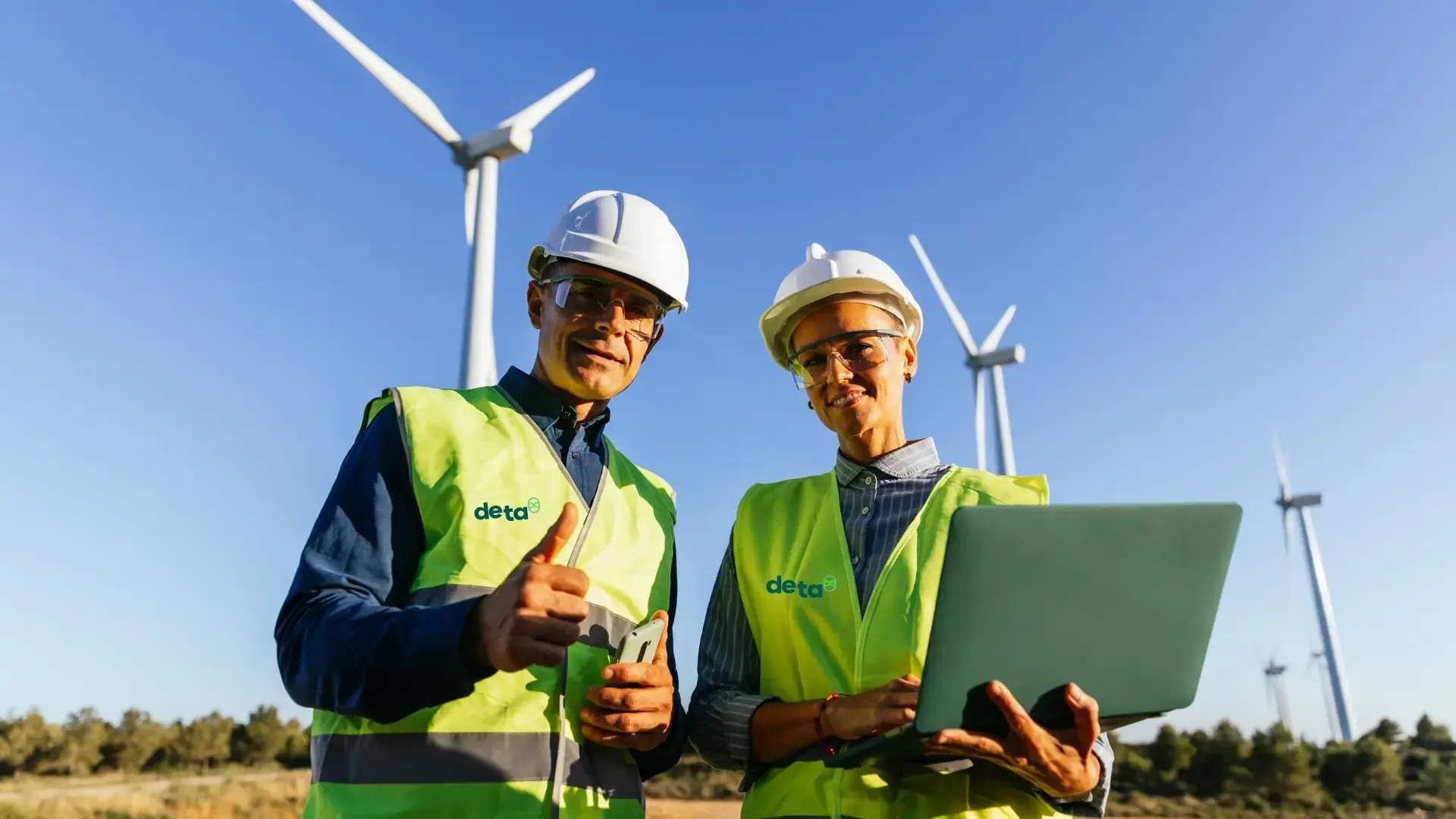Goodman Fielder UHT Expansion
Goodman Fielder - Christchurch
UHT Expansion
Complete Project at a Fair Cost
Problem
At Goodman Fielder’s Christchurch site we came onto the $25M process expansion project after it was underway as there was some contractual ambiguity due to variations, resulting in disagreement
Solution
We provided a contract management service. Our role was entirely non-technical – we assisted our client and their contractors to reach an amicable solution, and then managed the contract for the remainder of the project.
Problem
This independent role gave the client confidence that they were getting a complete project, at a fair cost.





